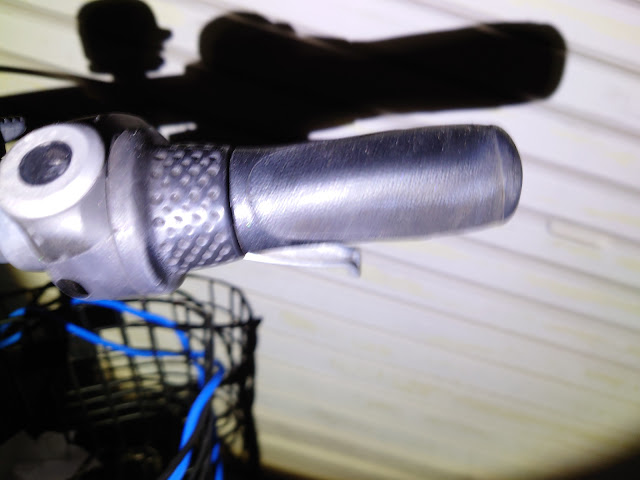Bluetooth Trackers vs. GPS Trackers for Bicycle use
The first thing to clarify is the difference between these two types of devices. Bluetooth Trackers By "Bluetooth Tracker", I refer to devices like Apple's AirTag, and Tile Tracker devices. These are often referred to as GPS trackers, but they are in fact nothing of the sort. A real "GPS Tracker" has electronics in it that enable it to receive signals from GPS satellites and determine the location of the device without needing any ground based communication from bluetooth, WiFi, cellular, etc. This does require a clear view of the sky, however. There are other satellite based networks, which are technically different than (or extensions to) GPS, such as Michibiki, but I will group them here as GPS to simplify things slightly. A bluetooth tracker on the other hand, has no GPS chip or antenna, and thus has no idea where it is located. The next major difference is that GPS trackers will generally either store a log of the location...
